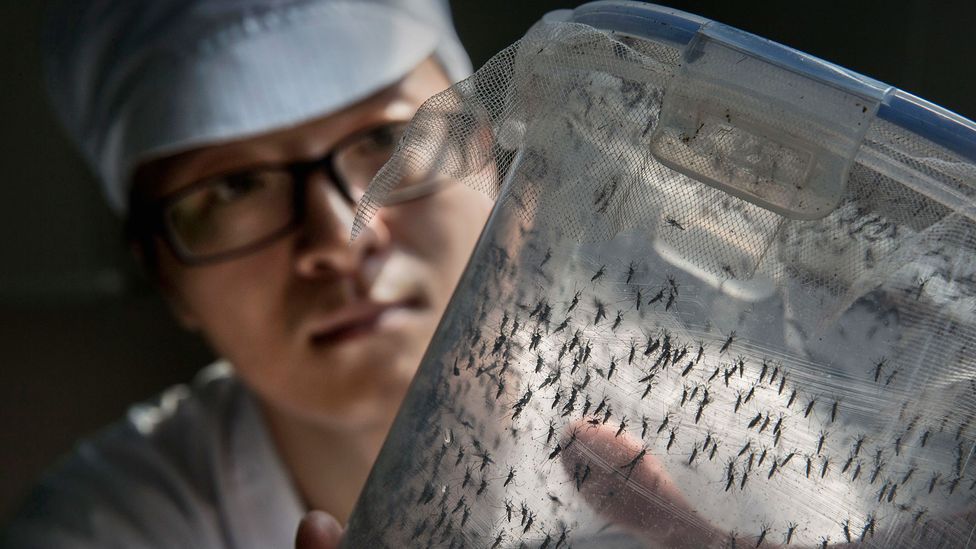
In the midst of an already deadly pandemic, Singapore is facing yet another outbreak caused by mosquitoes, dengue.
Singapore is a sovereign island city-state in maritime Southeast Asia. Singapore has been hit by an outbreak of dengue fever, adding to the burden on its health care infrastructure already taxed by growing corona virus cases. The country reported more than 20,000 dengue cases this year as of late July. The disease is widespread in Southeast Asia, and there is no effective vaccine or treatment. Some of the initial symptoms, including fever and body aches are similar to those of COVID-19, making them difficult to distinguish. And both diseases often cause no noticeable symptoms in patients, yet can be fatal in severe cases.

According to the National Environment Agency, the most common type of dengue circulating in Singapore for much of 2020 has been DEN-3. This is a strain that had not predominated here for three decades, and one to which Singaporeans have little natural immunity. The agency is working to control mosquito populations through steps including spraying pesticides and removing stagnant water.
Symptoms And How It Spreads
Dengue is spread through the bite of the female mosquito (Aedes aegypti). The mosquito becomes infected when it takes the blood of an infected person. After about one week, the mosquito can then transmit the virus while biting another person. Dengue cannot be spread directly from person to person. However, a person infected and suffering from dengue fever can infect other mosquitoes.

Symptoms:
- On and off fever
- Nausea and vomiting
- Rash
- Aches and pain
Wolbachia- Bringing Project
Mosquitoes pick up viruses by biting infected people. When they bite again, they can transmit the virus to the next person. This is how mosquito-borne diseases spread. Mosquitoes do not naturally carry viruses, they can only get them from infected people. Since only female mosquitoes bite humans, only female mosquitoes can transmit viruses. Therefore, in order to control the spread of dengue, researchers introduced Wolbachia bacteria into Aedes aegypti mosquitoes and breed them in a mosquito production facility. Wolbachia is a safe bacteria. So when Wolbachia Aedes mosquitoes mate with urban female Aedes aegypti mosquitoes, their eggs do not hatch. Overtime, continued release of male Wolbachia Aedes mosquitoes will gradually decrease the Aedes aegypti mosquitoes population. This will therefore lower the risk of transmission of dengue.
Over in Yishun and Tampines, Phase 4 of the field study that started in November 2019 covered 293 and 260 blocks and saw significant changes to the mosquito population.

Mosquitoes are fighting Dengue in Singapore
Read about how



